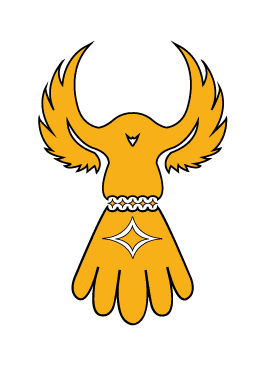
Terry Bergen
Mentor, ḴEL,ḴELOŦEN ȻE S,ISTEW̱ Fund
Managing Principal, RJC
Terry leads RJC’s Building Science and Restoration team on Vancouver Island. His positive, empathetic personality combined with his ability to listen and work collaboratively has resulted in the development of a skilled and responsive team of industry-recognized specialists. His experience encompasses the whole spectrum of RJC’s building science and structural practices. He participates in design, detailing, review and contract administration of new building enclosures, deep energy retrofits, building enclosure restorations, seismic upgrades, new structures, and structural restorations.
Terry joined RJC after graduating from Thompson Rivers University (formerly the University College of the Cariboo). He gives back to the community and encourages the same from his colleagues. Terry is passionate about the sustainability and resiliency of our built environment and he works collaboratively with clients and contractors to achieve solutions that are environmentally responsible and economically viable.
CTech, CCCA, LEED AP, CPHC
I grew up in the interior of BC in a blue-collar family and I was the first one to finish high school on my dad’s side of the family. Both my parents are voracious readers, so I think that’s where my drive for life-long learning came from. I did well in high school, specifically in math, but I kind of loafed through it.
With most of my family being in the trades, and I was better at math than I was with tools, engineering seemed to be the path for me. So, I got into an engineering program and hated it. I finished my first semester and then left for the better part of a year to go skiing. But being a ski instructor doesn’t pay the bills. I ended up going back to school and getting my technology diploma at what was at the time, University College of the Cariboo, before it was TRU, which turned out to be a great experience. It didn’t hurt that the campus was close to Tod Mountain before it was known as Sun Peaks.
After I graduated, I ended up at RJC in Vancouver. I figured it was a bit of a pit stop, because I was going to go back and finish my degree. It was a great place to work with great people, who were very encouraging of education and the different ways to education. I followed a more administrative route, and I got my certified construction contract administer credentials. Then I ended up over here on the island and kept working upwards. I am now a managing partner, but I’m not an engineer. Over the last 20 years I also came to be one of the sustainability people at RJC. I now represent our building performance team nationally, that’s our energy modeling and carbon footprint reduction group. Through university partnership work with the group, it’s allowed me to meet engaged people like Kear and to continue to meet new people and expand my own learning horizons. Education certainly didn’t take me to where I thought I would get to, or how I would get there. But always being up for exploring and indulging in your curiosity will take you far. That’s how I got here.
No matter where you start, and recognizing that some people have the advantages of being born in to various levels of privilege, it doesn’t mean that you can’t go other places. And for those that might need a hand up, that’s what we are trying to do with this fund. Give them a little extra boost to help them realize or get to where they want to go.
People sometimes have a pre-conceived notion of what it means to be an engineer or an architect and they don’t necessarily see how their passion or skills can fit into that career path. There are people in my firm and other firms, who might not be the strongest technically, but they are great communicators and great teachers. In the architectural community you might not be strong with the details and the intricacies of the code, but in terms of concept, flow and use of space, it’s just something that you inherently understand and can communicate to others. So, you might be better at what you could do than you even know, until you have the opportunity to put yourself in that position or work with people in that area. That’s part of the mentorship side of what we all try to do as well: help people understand what they could be.

